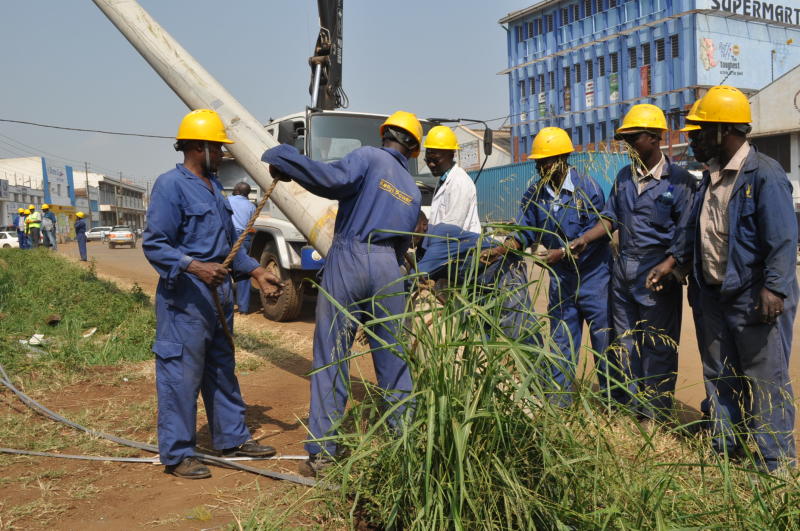×
The Standard e-Paper
Stay Informed, Even Offline

Details have emerged of the close-knit business cartel that has been running the multi-billion shilling worth of tenders of exclusively supplying electricity poles to Kenya Power at exorbitant prices.
A top government official and two Cabinet Secretaries sit at the apex of the “pole cartel” through proxy treatment plants which have been supplying treated wooden and concrete poles to the electricity company since 2013.